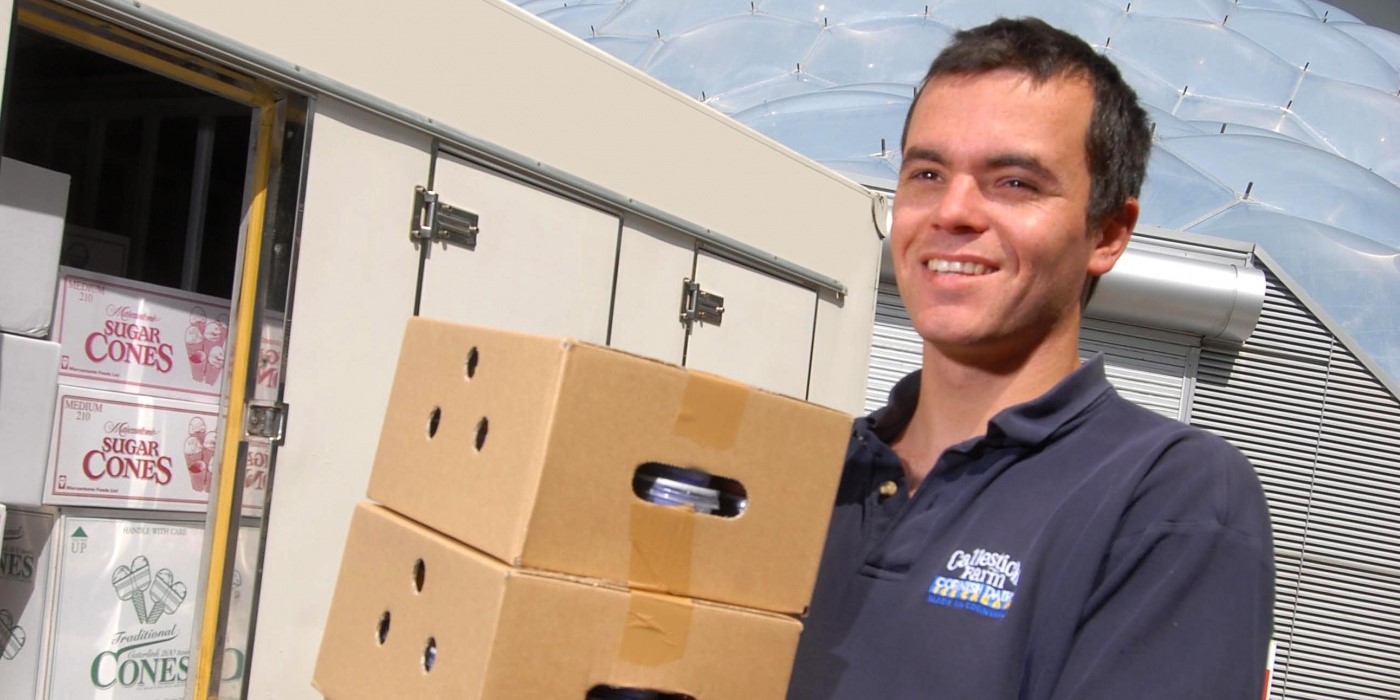There are a number of things that catering businesses must source from suppliers. There are many different kinds of food and ingredient. These range from fresh produce and meats to seasonings, spices, and the kind of ingredients needed to produce baked goods and desserts.
At the same time, there are many different kinds of non-food catering supplies that a catering business has to source. These range from big things like appliances to little things like cleaning products and hygiene equipment, specialist workwear, and utensils.
There are essentially two approaches to dealing with these long lists of needs: either business will try to find the best supplier for each different category of supplies, or they will try to find a few suppliers as possible and source multiple different items from each one. You may have heard both approaches recommended at one time and another and each has its own advantages.
Many suppliers
The theory behind dealing with many different suppliers is that you can find the best supplier for each kind of goods. The best supplier of fresh fruit and vegetables may not be the best supplier of meat, and the best utensils may not come from the same place as the best appliances or cleaning supplies. Juggling different suppliers for each category of catering supplies allows you to consistently maintain high levels of quality across the board. It can also potentially help you get that level of quality at the best possible price, and expand the range available to you.
The downside is that it is a lot more difficult to administer. You must keep a long list of suppliers, know what comes from which, and place larger numbers of orders. You may also miss out on bulk purchase discounts that you may have received if buying multiple types of supplies from the same company instead of from different ones.
Few suppliers
While it is highly unlikely you can source everything from just one supplier – especially food and non-food items – some companies prefer to keep their supplier lists as small as possible. This is certainly the simpler, easier, more streamlined approach. A single company can provide all your non-food goods, and it may be possible to source all your foods and ingredients from a single supplier as well.
The problem is that by dealing with only a single supplier you may miss out on higher-quality in some categories. However, this is to some extent down to your choice of company. Some companies have already taken the approach of sourcing the best quality in each category, while others are less consistent. When it comes to non-food supplies, it is likely that you will be best off with a single supplier. With food, this could also be the case but this depends both on the companies that could serve your business and on your situation. If you pride yourself on using fresh, local ingredients, for instance, you may be best buying directly from local producers and this is unlikely to mean dealing with just one company.

